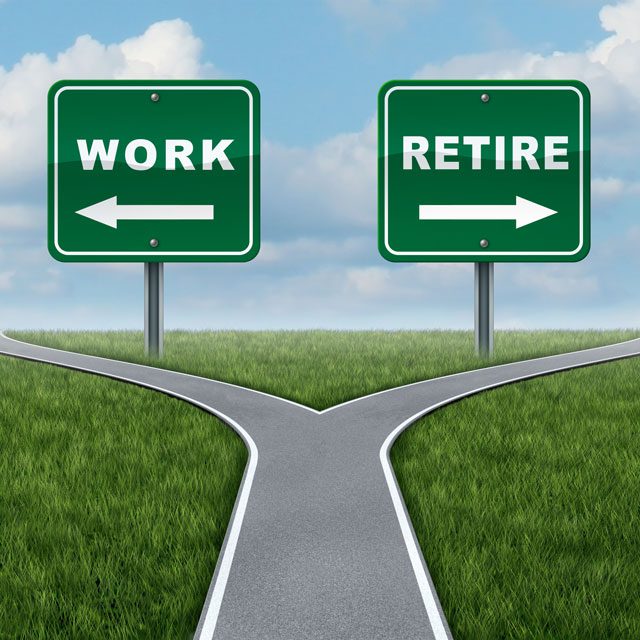More Than Half of Americans Want to Retire Gradually: Survey

Americans’ expectations around how and when to retire vary considerably by generation, according to the Principal Financial Group’s Well-Being Index, released this week.
Fifty-two percent of working Americans reported that gradually decreasing hours is their preferred way to retire, including 67% of Gen X and 56% of millennials. Forty-seven percent of Generation Z and 46% of baby boomers said they would move immediately from working full time to not working at all.
Eleven percent of workers prefer to change industries or careers with the aim of winding down in anticipation of retirement.
While there are some similarities in how they want to retire, the four generations have different expectations on timelines and the age at which they plan to do so. Gen Z expects to retire at 55, about 10 years earlier than boomers and Gen Xers, and four years sooner than millennials.
“Attitudes and expectations for retirement continue to evolve, and we expect the desire to approach retirement in phases will continue to grow with future generations,” Chris Littlefield, Principal’s president of retirement and income solutions, said in a statement.
How did current retirees actually transition out of the workforce? According to the index, 72% stopped working immediately, 18% gradually phased down from their primary career and 10% transitioned careers.
The index showed that 55% of retirees who moved from full-time work to a hard stop in employment said retirement is exactly or close to how they had envisaged it, compared with 38% who chose phased retirement and 31% who chose career transition.
That said, 75% of those working in a phased-down position or a transitional career expressed satisfaction with their current employment, according to the index.
The index, an annual survey, was conducted online by Dynata in early November among 500 business owners, decision makers and business leader participants and 200 employee participants. This wave included a survey of 127 individuals who consider themselves retired or have previously fully retired and gone back to work.
Employees Prioritize Retirement Saving
The survey showed that employees are focused on balancing basic needs with long-term savings outcomes against a backdrop of ongoing economic pressures that continue to top their list of concerns.
Fifty-six percent of employees reported that they feel more stressed this year than last, while 27% have experienced no change in stress levels and 17% feel less stressed.




